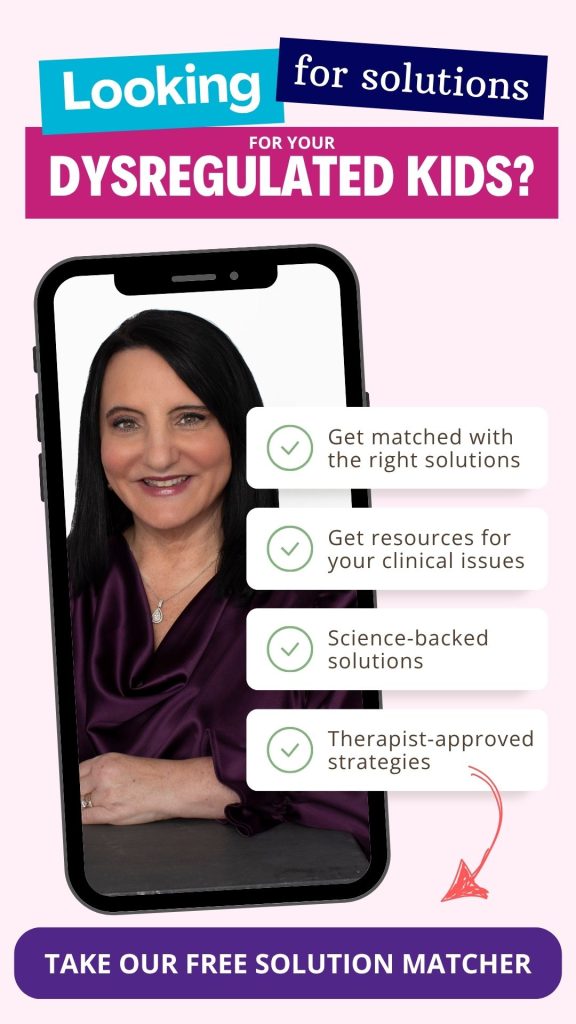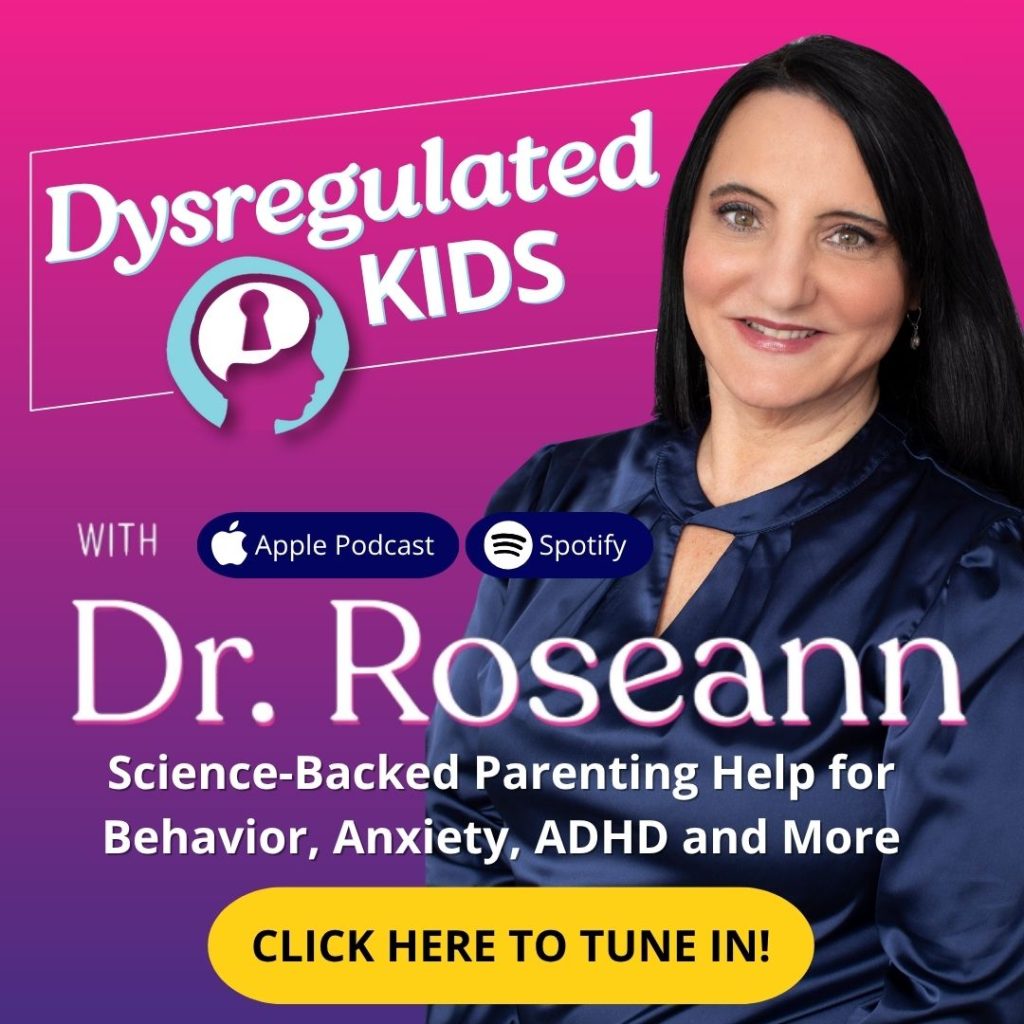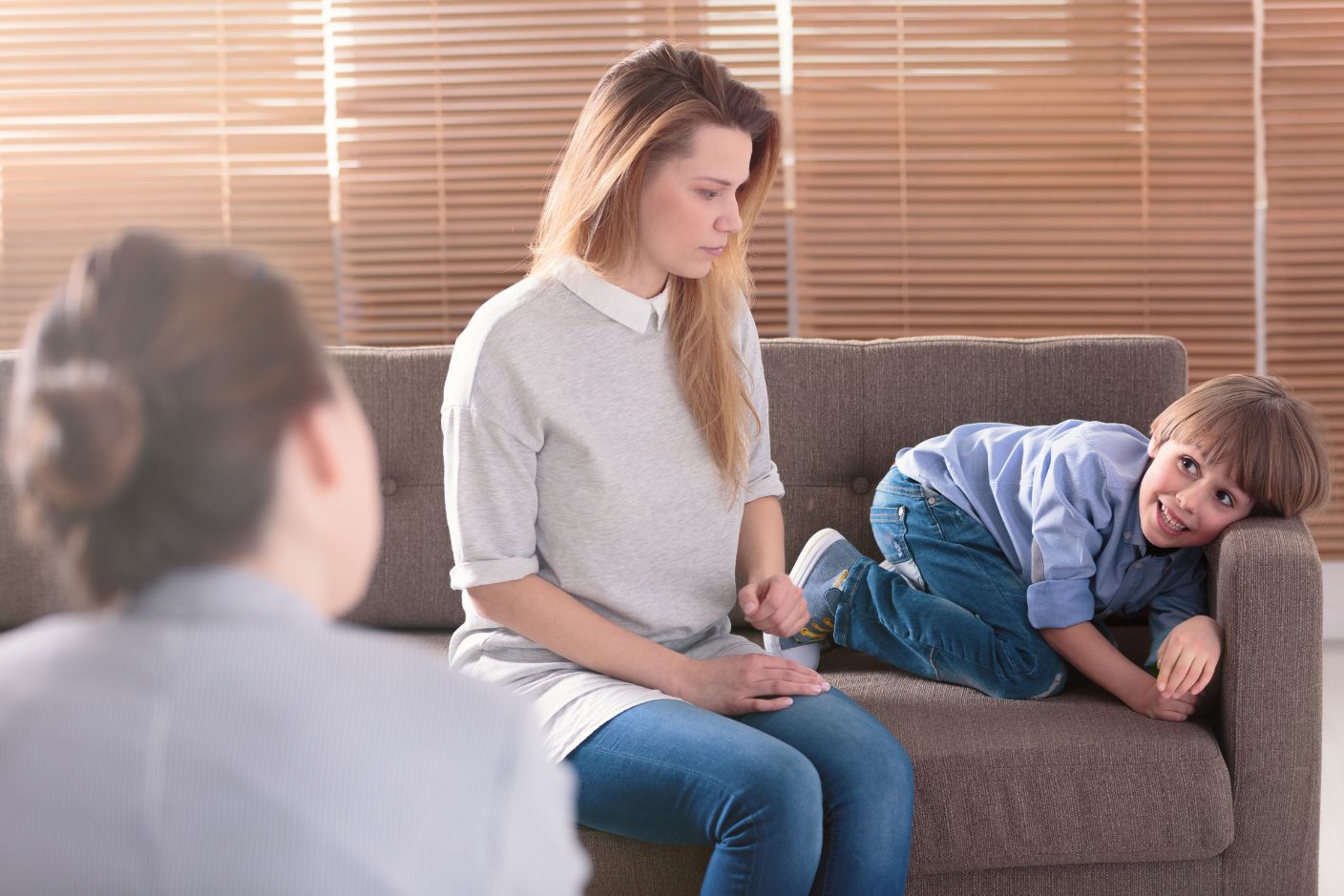
Estimated reading time: 8 minutes
If your child is taking—or you’re considering—SSRIs (Selective Serotonin Reuptake Inhibitors), it’s completely natural to worry about their mood and well-being. In this guide, I’ll walk you through SSRI side effects in children with clear guidance and hopeful steps forward.
Are SSRIs Safe for Children?
When your child struggles with anxiety, you want relief for them and peace for your family. Searching medications online often brings more stress—black box warnings, side effects, and confusing medical terms.
SSRIs are commonly prescribed for kids and teens, yet the FDA requires a black box warning for anyone under 25 due to increased risk of suicidal thinking. That’s not fine print—it’s vital information parents deserve upfront.
Fluoxetine (Prozac) is the only SSRI FDA-approved for depression in children 8 and older.
- In 2003, the UK health authority (MHRA) ruled that, aside from fluoxetine, SSRI risks outweigh benefits for patients under 18.
- Common side effects include:
- Headaches
- Stomach upset
- Trouble sleeping (DiMaria, 2024)
Most children experience mild side effects, but some parents notice more concerning changes, such as:
- Heightened agitation or impulsivity
- Increased suicidal thoughts
- Rarely, seizures or tremors
Here’s the hard part:
Parents often tell me it feels like standing at a crossroads. One path offers the possibility of relief, while the other is marked with warning signs. That tug-of-war in your heart is real—and you are not alone.
Always remember:
Behavior is communication, not defiance. When the nervous system is dysregulated, kids can’t self-regulate. Let’s calm the brain first, because when the brain is calm, healing and learning follow.
What Are the Most Common SSRI Side Effects in Children?
SSRIs can spark both common issues and more serious reactions in kids. Some pass quickly, yet even short-term changes can feel unsettling when you’re already carrying so much worry as a parent.
1. Suicidal Thoughts
This is often the greatest concern for parents—and with good reason. Janssen (2021) found higher risks of suicidal thinking in kids and teens, especially early on or after dosage changes.

What you can do:
- Track your child’s mood daily with a journal or app
- Watch for aggression, withdrawal, or any mention of self-harm
- Keep steady contact with your provider
Takeaway:
Awareness and early support can save lives.
Real-Life Story:
A middle school boy I worked with had been switched from one SSRI to another. His parents watched him develop tics, fatigue, thyroid issues, and increased suicidal thoughts.
By the time they reached me, their family was drained and frightened. Through my BrainBehaviorReset™ program, we focused on calming his nervous system, and over time he began to feel like himself again.
His mom later shared that the greatest gift wasn’t just his health improving—it was finally feeling confident as a parent again.

2. New or Increased Depression
Even though SSRIs are designed for depression, sometimes they worsen it. Goodyer (2007) reported that more than half of teens in one study experienced mild-to-severe side effects.
Prozac (fluoxetine) remains the only SSRI FDA-approved for ages 8–18 with major depressive disorder. Side effects, however, may include:
- Sadness or irritability that lingers
- Thoughts of self-harm
- Mood swings or manic episodes (Garland, 2016)
Depression itself keeps rising. About 4.4% of children—roughly 2.7 million in the U.S.—carry this diagnosis (CDC, 2019). No wonder parents feel torn about every choice.
3. New or Increased Anxiety
Though SSRIs often target anxiety, sometimes they backfire. Prozac raises serotonin, yet in certain kids that surge can intensify fears rather than quiet them.
Parents often tell me this feels like a cruel twist—trying something meant to help but watching fears grow instead.
That’s why I lean heavily on brain-based supports—therapy, supplements, neurofeedback, and calming routines. Those tools settle dysregulation at its root instead of stacking more problems on top.
How Long Do SSRI Side Effects in Children Usually Last?
Some kids adjust, while others struggle longer. Common but unsettling reactions may ease, while more serious ones need prompt attention.
Parent Story:
Emily’s 9-year-old became more irritable and aggressive within two weeks of starting an SSRI. After a dose change didn’t help, she turned to neurofeedback and nutrition support, which steadied her child’s mood without lasting side effects.
Every child responds differently. Stay watchful, trust your gut, and remember—when we calm the brain first, everything else follows.
How Do I Know if the SSRI Is Helping My Child?
While SSRIs are often the first line of treatment for PTSD, research shows they aren’t consistently effective in children or teens (Dwyer & Bloch, 2019). That’s why parents and providers must stay alert to both benefits and risks—especially with the FDA’s black box warning about suicide.
Signs an SSRI may be helping:
- Less worry or obsessive thinking
- More stable sleep and appetite
- Brighter, steadier mood
Signs it may not be helping—or may be making things worse:
- Intense irritability or sudden mood swings
- Aggression or impulsive behavior
- Blunted emotions or seeming “disconnected”
💡 Parent Story: Maria’s 12-year-old became calmer on Prozac, but she noticed he lost interest in soccer, the activity he loved most. With her provider’s support, they lowered the dose and added therapy, and his spark returned.
Watch closely for both progress and red flags. Relief matters, but so does your child’s personality and joy.
And always remember—when we calm the brain first, everything else follows.
What Should Parents Ask Doctors Before Starting an SSRI?
Before you agree to medication, pause and ask yourself—am I clear on what this really means for my child? Ask your provider:
- Is this SSRI actually approved for children of my child’s age and diagnosis?
- What side effects might emerge, and how soon should I expect them?
- What other paths or supportive tools can we try alongside or instead?
- How often will we sit down to check in and see progress?
- What’s the backup plan if change doesn’t come?
Parents often tell me they felt unsure until they finally asked these questions out loud. Clarity brings confidence, and confidence allows you to advocate fiercely for your child’s well-being.
And remember—you’re not alone in this. The more you understand, the stronger you and your child will feel.
Are There Natural Alternatives to SSRIs for Kids?

Yes. SSRIs may take the edge off symptoms, but they don’t touch the root problem—nervous system dysregulation.
That’s why natural and integrative methods can feel transformative. They reach deeper, quieting brain and body at once instead of skimming the surface.
Here are proven options families often explore:
- Neurofeedback retrains brainwaves connected with mood, focus, and anxiety
- PEMF therapy steadies and regulates a jumpy nervous system
- Nutrition support with magnesium, omega-3s, and B vitamins
- Lifestyle shifts like steady sleep, daily movement, and fewer screens
- Cognitive Behavioral Therapy (CBT) strengthens coping skills and reframes negative thought patterns (American Psychological Association, 2017)
- Somatic Therapy releases stored stress by tuning into body signals
- Exposure and Response Prevention (ERP) reduces fears and intrusive thoughts while building healthier habits
- Emotional Freedom Tapping (EFT) eases worry by combining gentle tapping with thought reframing
- Parent coaching strengthens co-regulation and creates steadier family rhythms
Parents often ask me, “Do I really have choices besides medication?” Absolutely. Medication has its place, yet many children find lasting relief when we heal the source instead of relying on short-term symptom relief.
Research backs this up. SSRIs frequently act slowly and don’t always deliver long-term remission (Farach et al., 2012). That’s why I say again and again—Calm the Brain First, Everything Follows.

Parent Action Steps
Take this ADHD Quiz to know if your child has ADHD or something else Track your child’s mood and behavior daily Trust your instincts if something feels off Stay in frequent contact with your child’s provider Take our Solution Matcher for personalized recommendations Educate yourself more with my ADHD podcast episodes Explore essential nutrients for brain support and natural remedies like magnesium
FAQs
Do children outgrow SSRI side effects?
Sometimes side effects fade, but others—like weight gain or emotional dulling—may persist unless the medication is adjusted or stopped.
Are SSRIs addictive for kids?
No, SSRIs are not addictive in the traditional sense, but children can develop dependence, meaning sudden stops may cause withdrawal.
What happens if my child misses a dose of their SSRI?
They may experience withdrawal-like symptoms: irritability, dizziness, headaches. Always consult your provider before making changes.
How can I support my child if they’re struggling with side effects?
Offer consistent routines, monitor changes closely, and use natural calming strategies (breathing, sensory breaks, magnesium-rich foods).
Citations
American Psychological Association. (2017, July). What Is cognitive behavioral therapy? American Psychological Association. https://www.apa.org/ptsd-guideline/patients-and-families/cognitive-behavioral
Centers for Disease Control and Prevention. (2019, May 1). Anxiety and depression in children: Get the facts. Centers for Disease Control and Prevention. https://www.cdc.gov/childrensmentalhealth/features/anxiety-depression-children.html
Dwyer, J. B., & Bloch, M. H. (2019). Antidepressants for Pediatric Patients. Current Psychiatry, 18(9), 26–42F. https://www.ncbi.nlm.nih.gov/pmc/articles/PMC6738970/
Farach, F. J., Pruitt, L. D., Jun, J. J., Jerud, A. B., Zoellner, L. A., & Roy-Byrne, P. P. (2012). Pharmacological treatment of anxiety disorders: Current treatments and future directions. Journal of Anxiety Disorders, 26(8), 833–843. https://doi.org/10.1016/j.janxdis.2012.07.009
Goodyer, I., Dubicka, B., Wilkinson, P., Kelvin, R., Roberts, C., Byford, S., Breen, S., Ford, C., Barrett, B., Leech, A., Rothwell, J., White, L., & Harrington, R. (2007). Selective serotonin reuptake inhibitors (SSRIs) and routine specialist care with and without cognitive behaviour therapy in adolescents with major depression: randomised controlled trial. BMJ, 335(7611), 142. https://doi.org/10.1136/bmj.39224.494340.55
Dr. Roseann is a mental health expert in ADHD who frequently is in the media:
- Helping Children Thrive Podcast Benefits of Neurofeedback for children with ADHD
- She Knows 11 Products Moms of Kids With ADHD Swear By to Maintain Order in the Chaos
- The Healthy 12 Silent Signs of Adult ADHD You Might Be Ignoring
- It’s Gonna Be OK! Podcast ADHD Series
Always remember... “Calm Brain, Happy Family™”
Are you looking for SOLUTIONS for your struggling child or teen?
Dr. Roseann and her team are all about science-backed solutions, so you are in the right place!
Grab your copy of


%20.png)















